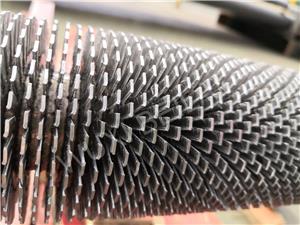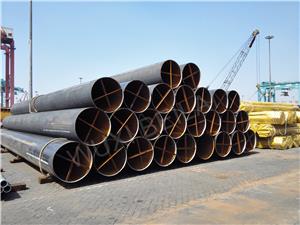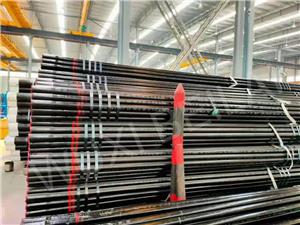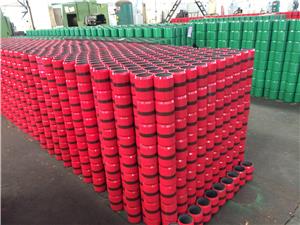Why is a water tube boiler more prepared than a fire tube boiler?
Water tube boilers and fire tube boilers are two different types of boiler designs, each with their own advantages and disadvantages. But why do so many people say that water tube boilers are superior to fire tube boilers? It's actually because water tube boilers can be applied to higher pressures and higher capacities for a wide range of applications than fire tube boilers, and because water tube boilers are easier to repair and maintain.
Watertube boilers have demonstrated excellent performance in dealing with high-pressure environments. The well-designed water tube structure can easily withstand high pressures, allowing the boiler to operate stably at higher steam pressures and temperatures, which significantly improves its operating efficiency. This ability to withstand high pressures allows the water tube boiler to excel in energy utilisation.
Compared to traditional fire tube boilers, water tube boilers have a larger surface area for heat exchange. This increased surface area greatly improves the heat transfer efficiency between the fire and water, which speeds up the heating rate and further enhances the overall operating efficiency. This efficient heat transfer mechanism makes water tube boilers more competitive in industrial applications.
Watertube boilers are designed to be extremely flexible, allowing for a variety of configurations to suit different needs and space constraints. This design versatility allows water tube boilers to be better adapted to specific applications, especially in industrial environments where space is limited.
Due to the high efficiency of water tube boilers, their long-term operating costs are relatively low and fuel consumption is more economical. This means that in the long term, water tube boilers can save more fuel costs for the user and thus have a higher economic efficiency.
In terms of safety, water tube boilers are generally considered more reliable. Water tubes filled with water are less likely to rupture than thin-walled fire-tube boilers that are externally exposed to high temperatures. This design makes water tube boilers safer in high-temperature environments and reduces safety hazards caused by ruptures.
Water tube boilers require relatively little maintenance. This is because watertubes are easier to clean than firetubes, which can become clogged with ash and other debris inside. This ease of cleaning makes water tube boilers easier to maintain on a routine basis, reducing the frequency and cost of maintenance.
Water tube boilers also excel when it comes to response time to load changes. Water tubes can heat up and start generating steam faster than fire tube boilers, thus responding faster to load changes. This fast response capability gives water tube boilers a significant advantage in applications that require rapid load adjustments.
Water tube boilers are more commonly used in modern power plants and industrial environments due to their high efficiency and ability to withstand high pressures and temperatures. It is important to note, however, that the term "more advantageous" is subjective and depends on the specific circumstances and requirements of the application. In some cases, fire-tube boilers may be more suitable due to simplicity, lower initial cost or other factors. To learn more about water tube boilers and fire tube boilers, contact us!




